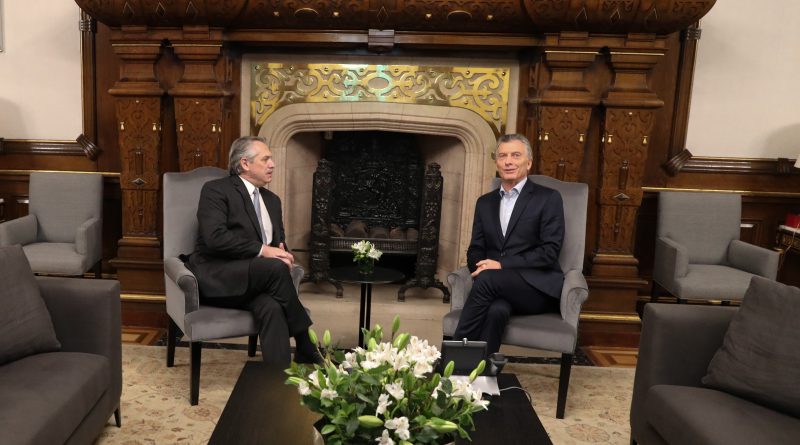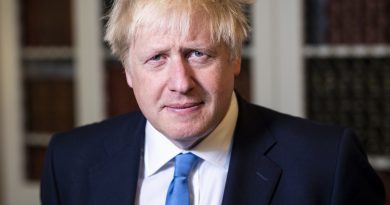Argentina Returns Peronists to Power
Jungin Kim
Staff Writer
With more than 47.79 percent of the vote, Alberto Fernandez has become the new president-elect of Argentina, ousting current Conservative President Mauricio Macri. In the hopes of a peaceful transfer of power, incumbent President Macri has invited the president-elect to the presidential palace to discuss the future of their country.
At the center of the presidential campaigns were policies regarding the enduring economic crisis in Argentina, as well as how the country might better serve the people. According to Reuters, Argentina’s recession caused many to lose their jobs, high inflation, and poverty. In the midst of this uncertainty, people were looking for candidates who would show them a brighter future.
While many Argentinians blamed Macri and the Conservative Party for the dismal economic state that they are in, some also fear that the Peronists will return to policies that in the past have proven to not work. Those who voted for Macri claim that the economic recession was not entirely his fault and that he just needed more time for his policies to take full effect. Some of Macri’s policies involved opening up trade with other countries, as well as foreign investment in Argentina’s infrastructure and energy sectors.
When he was first elected in 2015, Macri’s constituents were very hopeful of his plan to stabilize Argentina. Now, some worry that president-elect Fernandez does not have a clear enough plan for the future of their nation. Others believe that it is truly the former president and the current vice-president-elect, Cristina Kirchner, who will run the show.
According to AP News, Kirchner left the office with a somewhat tainted political reputation, having been accused of corruption and making policy decisions that have left the country in economic shambles. Although a controversial president, Kirchner has many loyal followers who decided to vote for Alberto Fernandez because she was on the ticket.
During the lead-up to the election, the pair faced ridicule when videos surfaced of Fernandez scorning then-president Kirchner on her policies. When Nestor Kirchner, Cristina Kirchner’s husband, was president, Fernandez served as his chief of staff. When Cristina succeeded her husband, Fernandez served in her cabinet for a short time but decided to leave.
These videos have been at the center of much public discourse, and many are left wondering just how internally cooperative the Peronist party is. Kirchner had a history of clashing with party leaders, and some fear that dissension within the party may lead to complications in the future. Fernandez and Kirchner themselves have differing policies on how to improve the economy, with Fernandez being a pragmatist while Kirchner is thought to be idealistic and manipulative.
Some see the election results as a clear sign that Argentina is going to emerge from its current problems with new policies that will spearhead economic development. Others, however, predict that this will be a repeat of a Kirchner administration. These critics believe that the new administration will simply try and consolidate political power and focus on increasing their own gains, rather than concentrating on the welfare of the citizens.
On social issues, president-elect Fernandez has much more liberal viewpoints than his predecessor. Fernandez believes in decriminalizing abortion as well as supporting Argentina’s LGBTQ community. Despite speculation, much is unknown about Fernandez’s plans for the future. How he plans to address the current economic crisis and what other social policies he hopes to implement have yet to be revealed. But whether or not citizens voted for Fernandez, all of Argentina is hoping to find a way out of the recession that they’ve had to endure since 2001.



